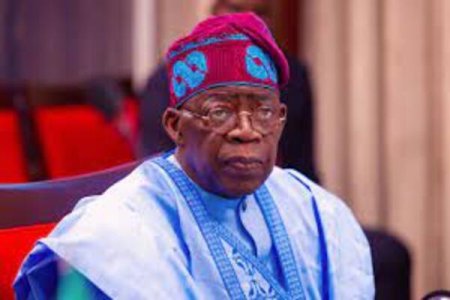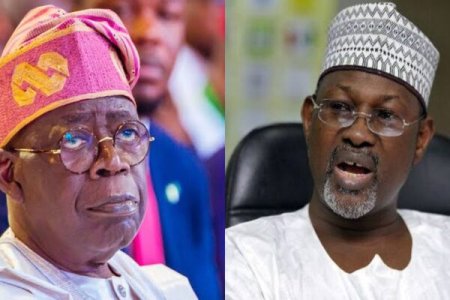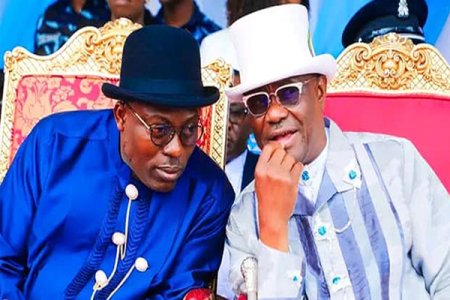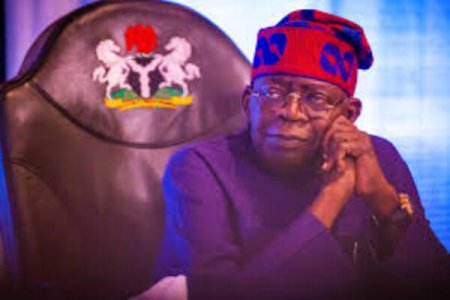
Amidst negotiations for a $750 million loan from the World Bank, Nigeria contemplates reinstating telecom taxes, sparking outcry among citizens. Social media erupts with demands for relief from fiscal strain, urging Tinubu's administration to alleviate economic burdens. Learn about the proposed policy and Nigerians' impassioned reactions to the looming tax revival.
President Bola Tinubu's government is considering reintroducing telecom taxes to secure a substantial loan from the World Bank. This decision has sparked widespread concern and varied reactions from Nigerians across different sectors of society.
The proposal to reintroduce telecom taxes, including the Electronic Money Transfer (EMT) levy and excise duties on telecom services, is part of a broader strategy to meet the conditions set by the World Bank for a loan of $750 million. These taxes were previously suspended by Tinubu's administration in July 2023, but negotiations with the World Bank have prompted a reconsideration of these fiscal policies.
For many Nigerians, especially those already struggling with the economic fallout of previous taxation policies and rising living costs, the prospect of additional telecom taxes is met with apprehension and frustration. The reimposition of taxes on electronic money transfers and telecom services could further strain household budgets and reduce disposable income, exacerbating financial hardships for ordinary citizens.
On social media platforms, reactions to Tinubu's plans for telecom taxes reflect a mix of resignation and outright opposition. Users express concerns about the potential impact on their purchasing power, with some lamenting the government's reliance on loans and taxation to address economic challenges.
One tweet mentioned that loan collection usually leads to the ruled hating on their ruler because the hardship of the loan is usually felt by those at the bottom. This sentiment resonates with many Nigerians who fear that the burden of repaying the loan will fall disproportionately on the most vulnerable segments of society. There is also palpable concern about the long-term implications of Tinubu's fiscal decisions. References were made to previous statements by government officials, highlighting a pattern of policies that have negatively impacted Nigerians' livelihoods. Many fear that Tinubu's plans for telecom taxes could further erode purchasing power and worsen economic inequalities.
As discussions between the Nigerian government and the World Bank continue, citizens remain vigilant and vocal about their concerns regarding taxation and economic policies. Whether Tinubu's administration will proceed with the reintroduction of telecom taxes remains uncertain, but the reactions from Nigerians reflect a broader sentiment of frustration and disillusionment with government policies that prioritize loans over the welfare of its citizens.




